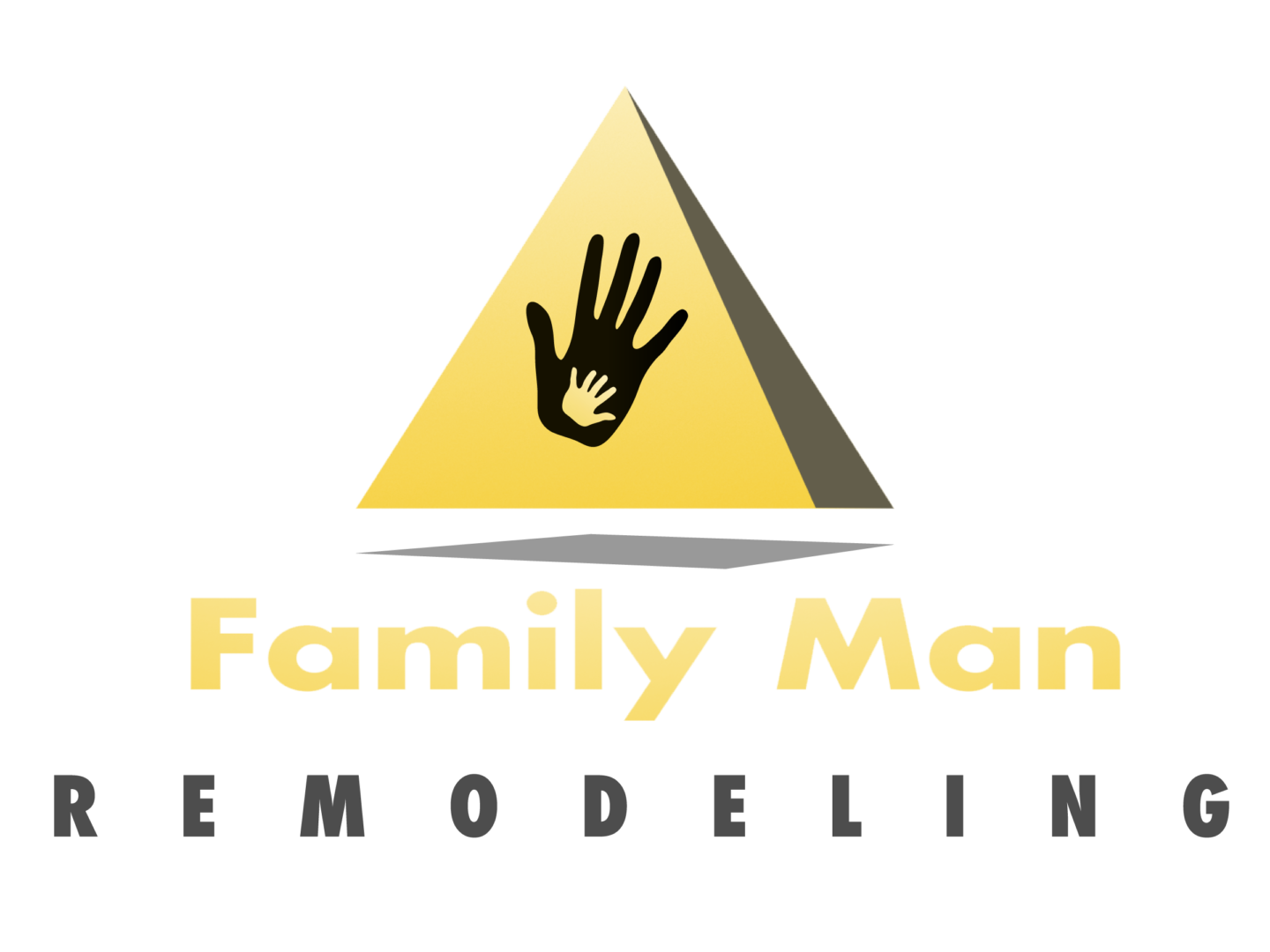As the popularity of accessory dwelling units (ADUs) grows, more individuals are considering ADU ownership as a viable housing option. It’s crucial to weigh the pros and cons while understanding the desires and reasons behind this decision. In this blog, we will explore the benefits, challenges, and aspirations of individuals who own ADUs, shedding light on the various aspects involved in this unique homeownership experience.
The Pros of ADU Ownership:
One of the primary benefits of owning an ADU is the potential for additional rental income. By renting out the unit, homeowners can generate a steady stream of revenue while optimizing their property’s value. This can help offset mortgage costs and improve financial stability.
ADUs also offer an opportunity for multigenerational living, providing a separate yet connected space for aging parents, adult children, or visiting guests. This creates a harmonious living environment that promotes family bonds while allowing each member their privacy.
Furthermore, ADUs can enhance property security by ensuring someone is always present on the premises. This added layer of security can bring peace of mind to homeowners, knowing their property is being monitored.
Another significant advantage is the opportunity to incorporate sustainable living practices. Homeowners can use the ADU as a space to experiment with eco-friendly building materials and energy-efficient technologies, contributing to a greener lifestyle.
The Cons of ADU Ownership:
Owning an ADU does come with certain challenges. Financing the construction or conversion of an ADU can be a major hurdle, as it often requires significant upfront costs. However, the long-term financial benefits can outweigh these initial expenses.
Navigating complex zoning regulations and obtaining the necessary permits can be time-consuming and frustrating. Different municipalities may have varying rules on the types of ADUs allowed, setbacks, height restrictions, and parking requirements.
Managing tenant relationships can also pose potential challenges for homeowners who choose to rent out their ADUs. This includes finding reliable tenants, handling lease agreements, and addressing any disputes that may arise.
Additionally, maintenance and repairs for both the primary residence and ADU can add to the responsibilities of property management. Homeowners must be prepared to handle these tasks to ensure both spaces remain in good condition.
The Desires and Reasons:
Homeowners’ desires for ADU ownership can vary widely. Many are drawn to the potential for generating additional income, whether to help cover mortgage payments or supplement retirement savings. Others seek the flexibility of having extra space to accommodate family members or guests.
Some individuals are motivated by a desire to promote sustainable living within their community. The ability to incorporate eco-friendly features in an ADU aligns with these aspirations.
Ultimately, the flexibility and adaptability of ADUs allow homeowners to fulfill their unique housing dreams while maintaining the desired level of privacy and independence.
ADU ownership offers a unique set of benefits, desires, and reasons to individuals seeking alternative housing solutions. While the potential for rental income, multigenerational living, enhanced property security, and eco-conscious practices are enticing, challenges such as financing, navigating regulations, and managing tenant relationships must also be considered. By carefully weighing the pros and cons, potential ADU owners can make informed decisions that align with their aspirations, ultimately creating a living space that fulfills their needs and enhances their quality of life.
